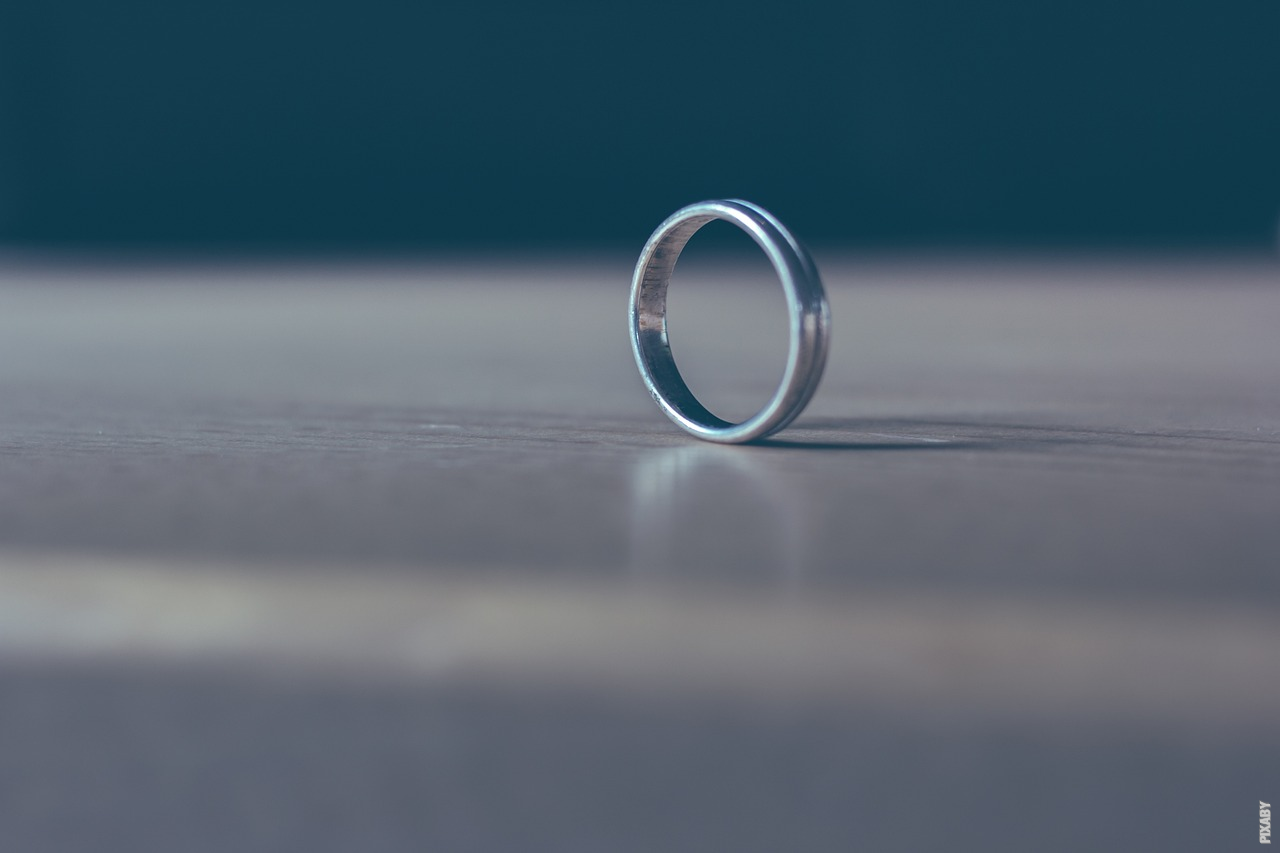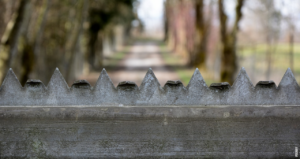The Evolution of Wedding Ceremonies
Weddings have been an integral part of human culture for centuries. They have evolved and transformed over time, reflecting changes in society, customs, and beliefs. The origins of weddings can be traced back to ancient civilizations, where rituals and ceremonies symbolized the union of two individuals.
Early Wedding Traditions
One of the earliest recorded wedding traditions dates back to ancient Egypt, over 4,000 years ago. Weddings were seen as a sacred union, representing the joining of two souls for eternity. Elaborate ceremonies took place, accompanied by music, feasts, and dancing.
In ancient Greece, weddings were celebrated as public events. The bride and groom would participate in various rituals, including exchanging vows and sharing a wedding feast. These ceremonies were not only a celebration of love but also a way to solidify alliances between families.
The Influence of Religion
Religion has played a significant role in shaping the modern concept of weddings. In many cultures, weddings became formalized through religious rituals and blessings. Christianity, for example, considers marriage a sacred sacrament, with ceremonies held in churches and officiated by religious figures.
The Rise of Romantic Love
Weddings as we know them today are largely influenced by the concept of romantic love. During the Middle Ages, marriages were often arranged for political or economic purposes. However, as societal values shifted, the idea of love and companionship became more important.
With the rise of romantic literature and poetry in the 18th and 19th centuries, weddings took on a more sentimental and emotional tone. Couples began to marry for love rather than practical reasons, and wedding ceremonies became more personalized and intimate.
Modern Wedding Traditions
Today, weddings are a blend of ancient rituals and contemporary customs. While the core purpose remains the same—to celebrate the union of two individuals—the way weddings are conducted has become diverse and unique.
Couples now have the freedom to choose from a variety of wedding styles, ranging from traditional church weddings to destination weddings on exotic beaches. Wedding ceremonies often include elements such as personalized vows, exchange of rings, unity ceremonies, and readings.
Post
Post
The Future of Weddings
As society continues to evolve, so will weddings. With advancements in technology and changing social norms, weddings are likely to become even more personalized and innovative. Virtual reality weddings, underwater ceremonies, and space-themed nuptials could become a reality in the not-so-distant future.
In conclusion, weddings have a rich history that spans across cultures and civilizations. They have evolved from ancient rituals to become a celebration of love and commitment. As we move forward, weddings will continue to adapt and reflect the ever-changing values and desires of couples.



